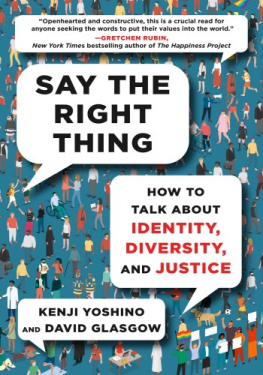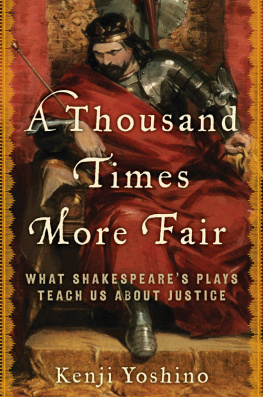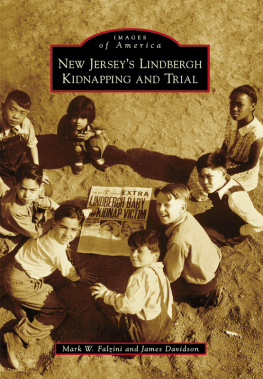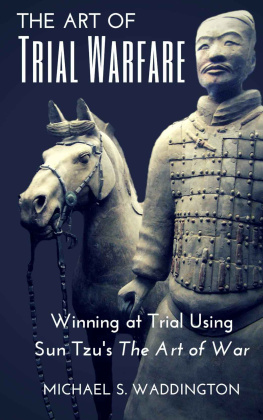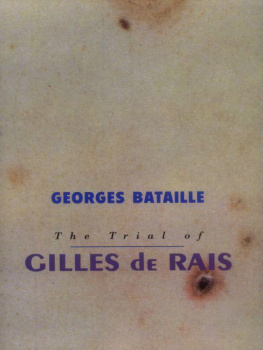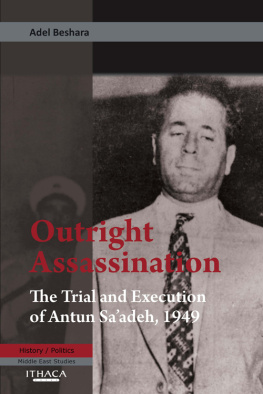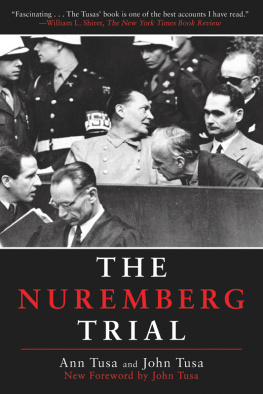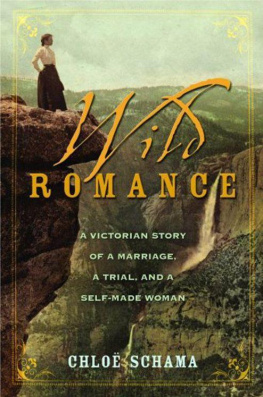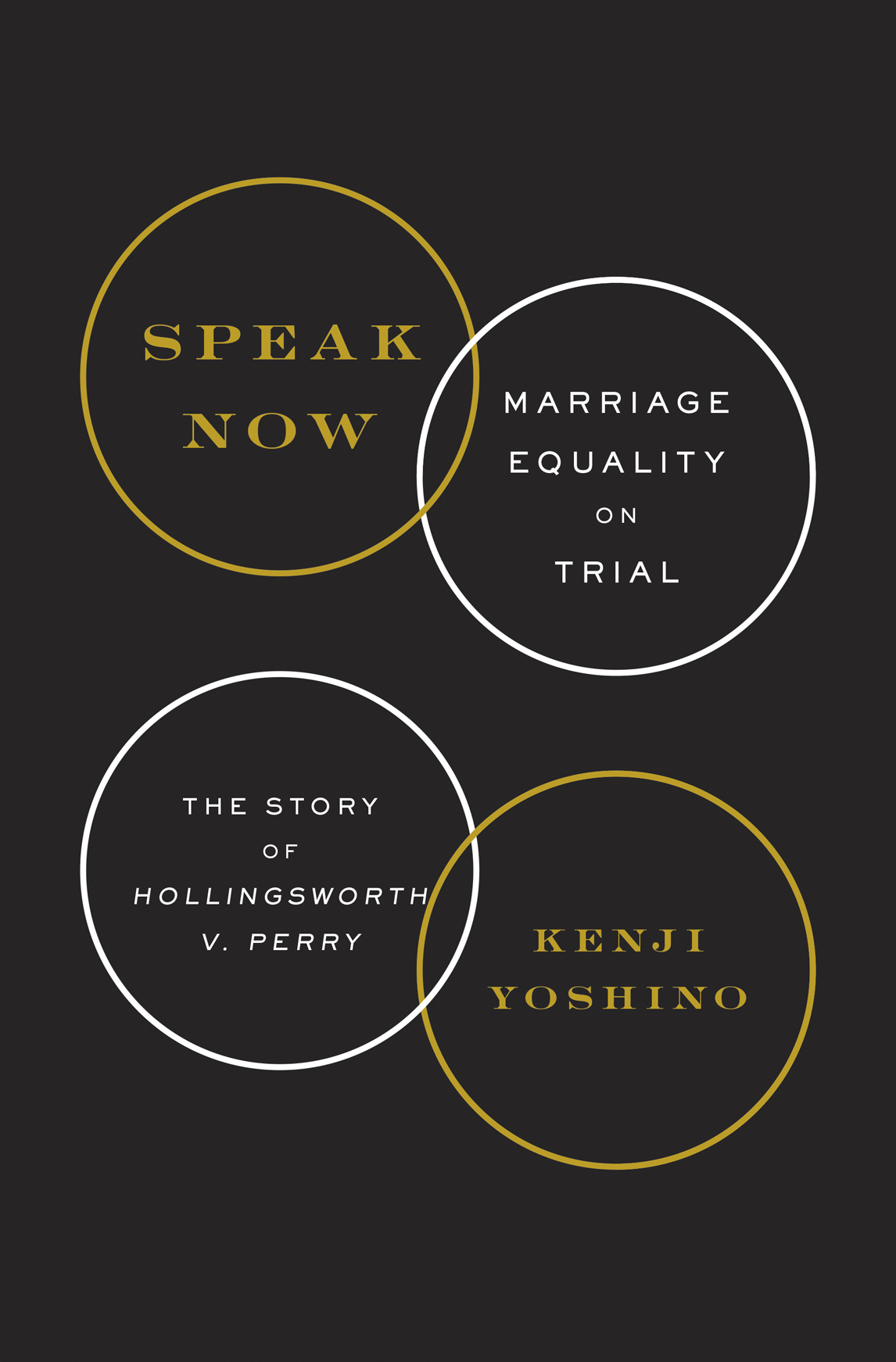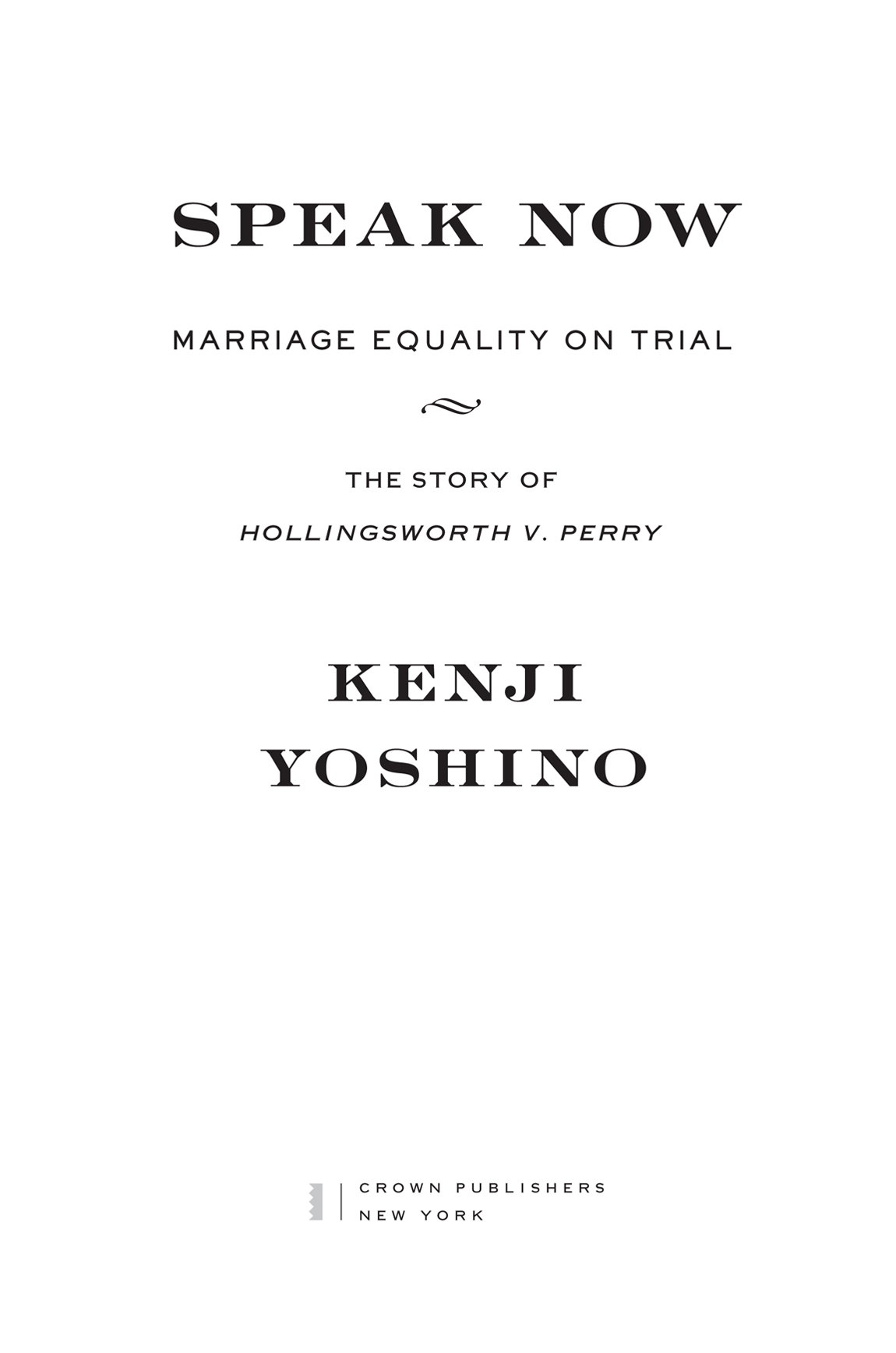Contents
MORE PRAISE FOR
SPEAK NOW
The beauty and elegance of Yoshinos writing about law at times stops you short. There will likely be no more important trial about same-sex marriage than Hollingsworth v. Perry and there will likely be no more important book about that trial than this one.
DALE CARPENTER , author of Flagrant Conduct; Earl R. Larson Professor of Civil Rights and Civil Liberties Law, University of Minnesota Law School
Beautifully craftedA celebration of the power of the adversarial system, at its best, to distinguish fact from bombast. In Kenji Yoshino, Hollingsworth v. Perry has found its ideal chronicler.
ANTHONY APPIAH , author of The Honor Code; Professor of Philosophy and Law, New York University
Speak Now shows how trial courts are uniquely well positioned to evaluate the truth or falsehood of legislative factsbroad empirical propositions that are often politically contestedin ways that can advance equality and liberty. Let there be a trial, Yoshino concludes, and by vividly describing the gay rights trial of the new century, he has created a gripping and memorable constitutional narrative.
JEFFREY ROSEN , author of The Supreme Court; Professor of Law, George Washington University Law School
Kenji Yoshino seamlessly weaves together the story of the landmark litigation over same-sex marriage in California, incisive insights about the power of trials, and personal reflections about his own marriage and parenting. The result is a captivating introduction to the issues of fact, law, and meaning surrounding marriage equality.
MARTHA MINOW , Morgan and Helen Chu Dean and Professor, Harvard Law School
Eloquent, lucid, and profoundly movingYoshino demonstrates how the careful and respectful procedures of the courtroom can separate fact from prejudice and perhaps even allow the distilled light of reality to mend passionate social divisions. He has written a compelling tale for our zealous and polarized times.
ROBERT POST , Dean and Sol and Lillian Professor of Law, Yale Law School
A stirring paean to the critical role of the rule of lawand the beauty of reasonin the cause of justice.
LINDA HIRSHMAN , author of Victory: The Triumphant Gay Revolution
Speak Now is a uniquely thoughtful account of one of the most important legal trials of our generation, from someone who truly understands the movement for equality. Part history lesson, part personal narrative, part analysisall from a brilliant legal mind.
RICHARD SOCARIDES , former senior adviser to President Bill Clinton
A crisp, shrewd analysis of Hollingsworth v. PerryYoshino claims that he was riveted by the 3,000-page trial transcript; his cogent, incisive narrative is equally captivating.
KIRKUS REVIEWS
Copyright 2015 by Kenji Yoshino
All rights reserved.
Published in the United States by Crown Publishers, an imprint of the Crown Publishing Group, a division of Penguin Random House LLC, New York. www.crownpublishing.com
C ROWN is a registered trademark and the Crown colophon is a trademark of Penguin Random House LLC.
Excerpt on from Philemon and Baucis from The Man with Night Sweats by Thom Gunn, copyright 1992 by Thom Gunn. Reprinted by permission of Farrar, Straus & Giroux, Inc.
Library of Congress Cataloging-in-Publication Data
Yoshino, Kenji, author.
Speak now : marriage equality on trial / Kenji Yoshino
1. Hollingsworth, Dennis, 1967 Trials, litigation, etc.
2. Perry, KristinTrials, litigation, etc. 3. Same-sex marriageLaw and legislationUnited StatesCases.
4. Gay couplesLegal status, laws, etc.United StatesCases. 5. United States. Defense of Marriage Act.
6. California. Proposition 8 (2008) I. Title.
KF228.H645Y67 2015
346.7940168dc23 2014042967
ISBN9780385348805
eBook ISBN9780385348812
eBook design adapted from printed book design by Barbara Sturman
Cover design by Ben Wiseman
v4.1
a
for
Ron, again
and
Sophia and Luke, anew
CONTENTS
PART I
BEFORE
PART II
THE TRIAL
PART III
AFTER
INTRODUCTION
EMBRACED BY LAW
I married my husband, Ron Stoneham, on August 8, 2009. Guido Calabresi, a federal appellate judge, performed the ceremony on his farm in Woodbridge, Connecticut. Guido was dean when I enrolled as a student at Yale Law School. By the time I graduated in 1996, President Clinton had appointed him to the Second Circuit Court of Appeals. I worked for him after graduation as a clerk, then joined the Yale Law School faculty. He mentored me on the path to tenure, which I received in 2003. In 2006, I became the inaugural Guido Calabresi Professor of Law. My husband ribs me for having taken Guidos name but not his.
Guido took me and Ron aside before the ceremony. At the time, Connecticut recognized same-sex marriage, but the federal government did not, due to a law styled the Defense of Marriage Act (DOMA). Guido said: Youre the first same-sex couple Ive married. When Ive married couples in the past, Ive always said, By the power vested in me by the state of Connecticut and the United States of America, I now pronounce you married. Now, because of DOMA, I cant marry you under federal law. But I also cant find it in my heart to treat you differently from any other couple. The skin around his blue-gray eyes crinkled with lawyerly pleasure. So when I speak of the power vested in me by the United States of America, I will be referring to my authority as a federal judge to marry you under state law. But the words will remain the same.
Then he hugged us. I could feel his heart beating through his judges robe. I thought how odd it was to be embraced by the law. The great law professor Robert Cover wrote that judges sit atop a pyramid of violence dealing pain and death. Usually, being apprehended by the law is a terrifying experience. Yet at that moment, I understood marriage as the rare place where law and love converge.
Marriage is a major life event for most people. Yet I think it still carries an extra jolt of wonder for same-sex couples. It runs so counter to what we have been told about the lives possible for us. I was born in 1969, the year of the Stonewall Riots. Had I been born a generation earlier, or in a different country, my current life would be unimaginable. Monique Wittig, born in 1935, wrote in 1980 that the heterosexual contract was simple: you-will-be-straight-or-you-will-not-be. Paul Monette, born in 1945, wrote in his 1992 memoir: Until I was twenty-five, I was the only man I knew who had no story at all. Id long since accepted the fact that nothing had ever happened to me and nothing ever would. Andrew Sullivan, born in 1963, gave the gay community more hope in his indispensable 1995 work Virtually Normal, which argued for same-sex marriage. Yet even that manifesto ended by touting how the tendency of gay people not to have families of our own benefited society: The displacement of family affection onto a broader community also makes the homosexual an ideal person to devote him- or herself to a social institution: the university, the school, the little league, the Boy Scouts, the church, the sports team. He concluded: Scratch most of these institutions and youll find a homosexual or two sustaining many of its vital functions.


